USADA believes one-in-a-million chance Armstrong rode 2009, 2010 Tours clean
Agency releases 202-page reasoned decision regarding Armstrong investigation
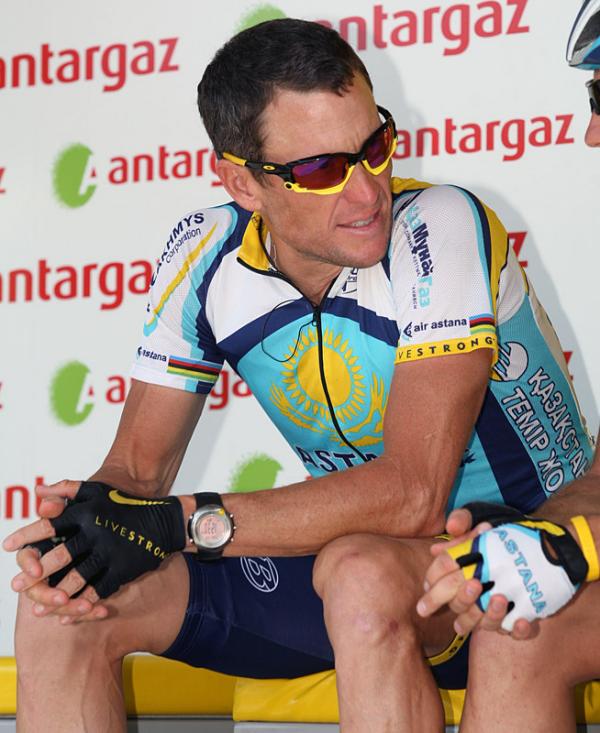
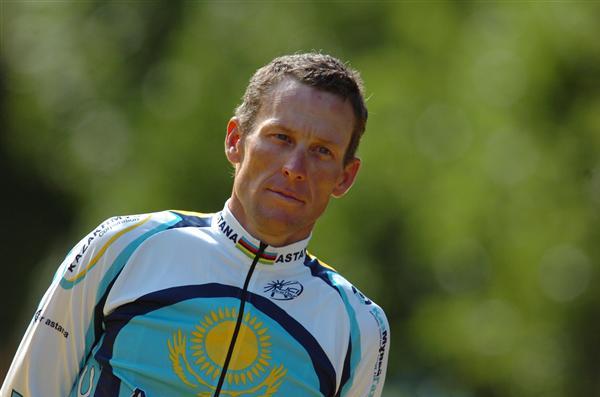
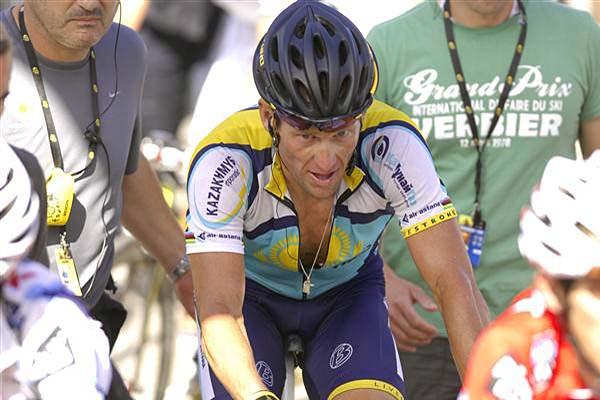
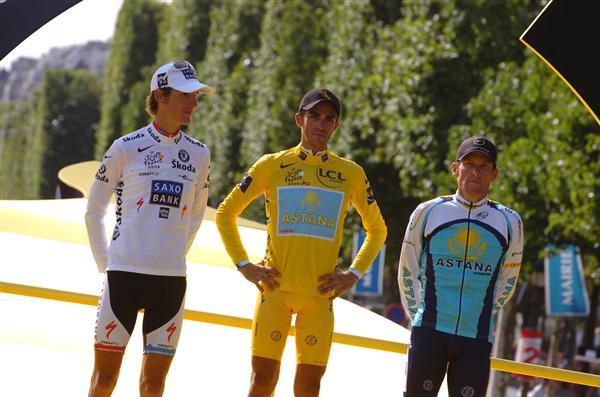
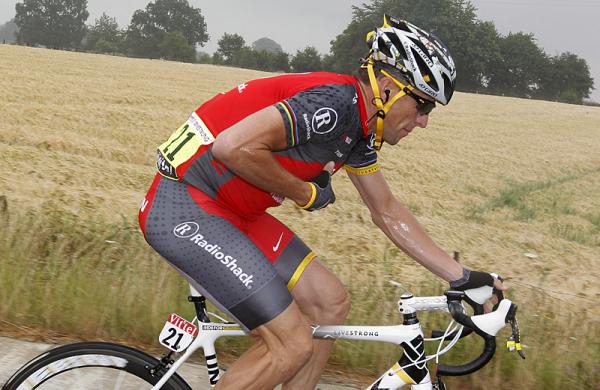
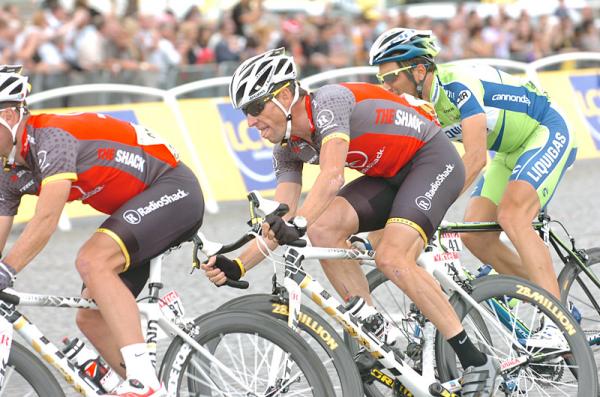
In a 202 page report filed by USADA, the American anti-doping agency has stated their scientific belief that the chance of Lance Armstrong riding without drugs during the 2009 and 2010 Tours de France was a one-in-a-million possibility.
Lance Armstrong returned to professional cycling in 2009 after a two-year retirement. He rode to third place in the 2009 Tour France but suffered throughout the following year's race, finishing 23rd.
USADA collected nine blood samples from Armstrong between February 13, 2009 and April 30, 2012. A further 29 samples were taken by WADA from a similar time period and at the request of Professor Christopher J Gore, Head of Physiology at the Australian Institute of Sport, USADA had the sample samples analysed.
In Gore's analysis he rejected - due to either the nature of the storage of the sample, or the transport - four of the test results, one of which was taken during the 2009 Tour de France.
According to the report, a "cluster of five Armstrong samples during the 2009 Tour de France and his two samples during the 2010 Tour de France contained an unusually low percentage of reticulocytes."
"When Prof. Gore compared the suppressed reticulocyte percentage in Armstrong's 2009 and 2010 Tour de France samples to the reticulocyte percentage in his other samples, Prof. Gore concluded that the approximate likelihood of Armstrong's seven suppressed reticulocyte values during the 2009 and 2010 Tours de France occurring naturally was less than one in a million."
Armstrong has remained defiant, both in the face of the allegations of doping and the lifetime ban handed to him by USADA. Despite having his seven Tour de France titles stripped from his palmares, the American told the press last week that he had a clear conscience.
Get The Leadout Newsletter
The latest race content, interviews, features, reviews and expert buying guides, direct to your inbox!
"I wake up and my mind and my conscience and my view on my life and my world, my future and my kids' future is perfectly clear."
This not the first time Armstrong's data from 2009 has been the subject of scrutiny. In 2009 two scientists, Jakob Mørkeberg and his supervisor Bo Belhage, publicly stated their concerns, with the latter saying: "What we know from our research is that during periods of hard activity, like in the Tour de France, we normally see a drop in these blood values. We don't see this with Armstrong."
The sport's governing, the UCI, has a 21-day window to analyse all of the USADA's evidence. They must then decide whether to ratify the ban and sanction or appeal the decision to the Court of Arbitration for Sport (CAS).
Daniel Benson was the Editor in Chief at Cyclingnews.com between 2008 and 2022. Based in the UK, he joined the Cyclingnews team in 2008 as the site's first UK-based Managing Editor. In that time, he reported on over a dozen editions of the Tour de France, several World Championships, the Tour Down Under, Spring Classics, and the London 2012 Olympic Games. With the help of the excellent editorial team, he ran the coverage on Cyclingnews and has interviewed leading figures in the sport including UCI Presidents and Tour de France winners.
